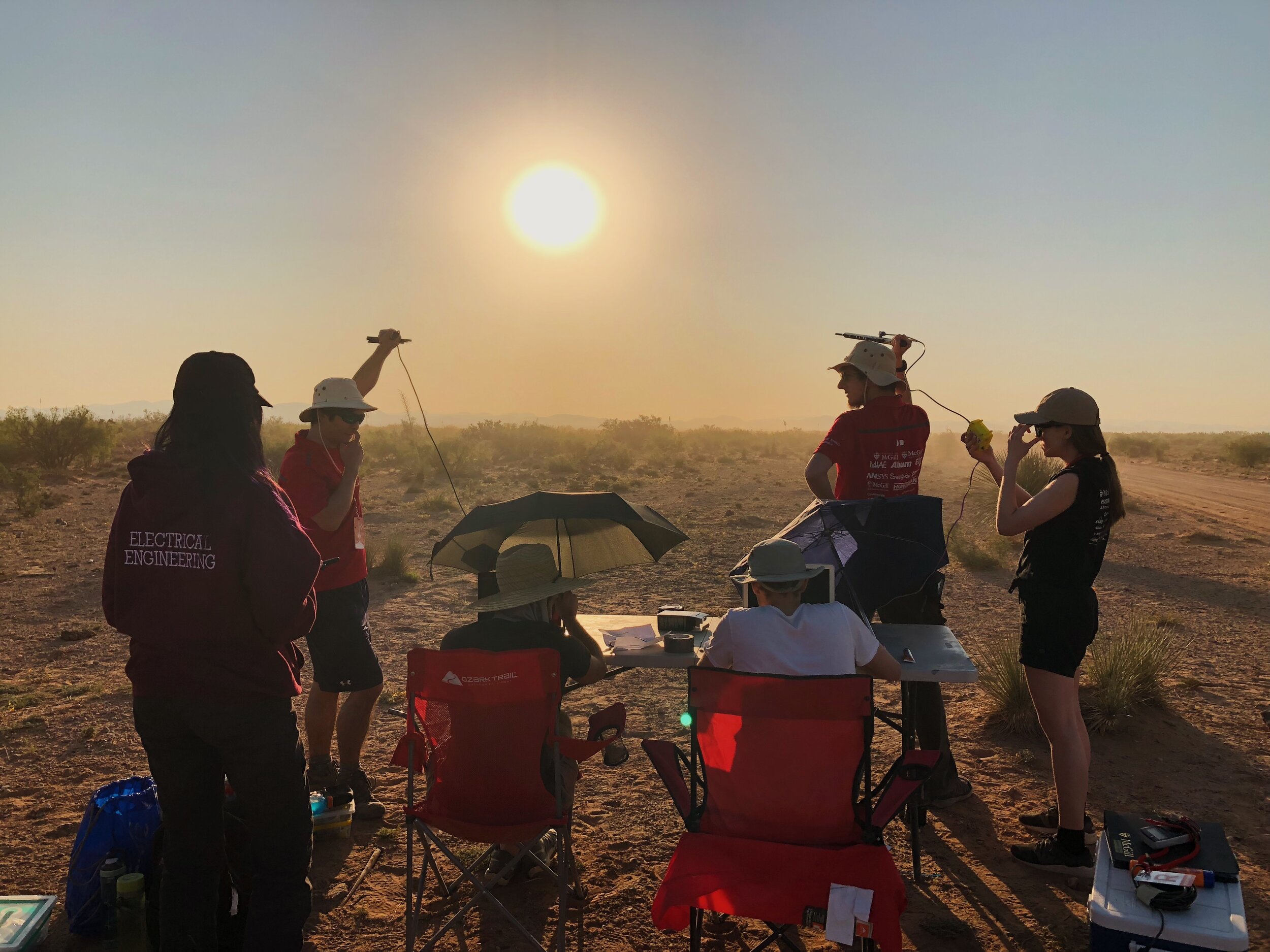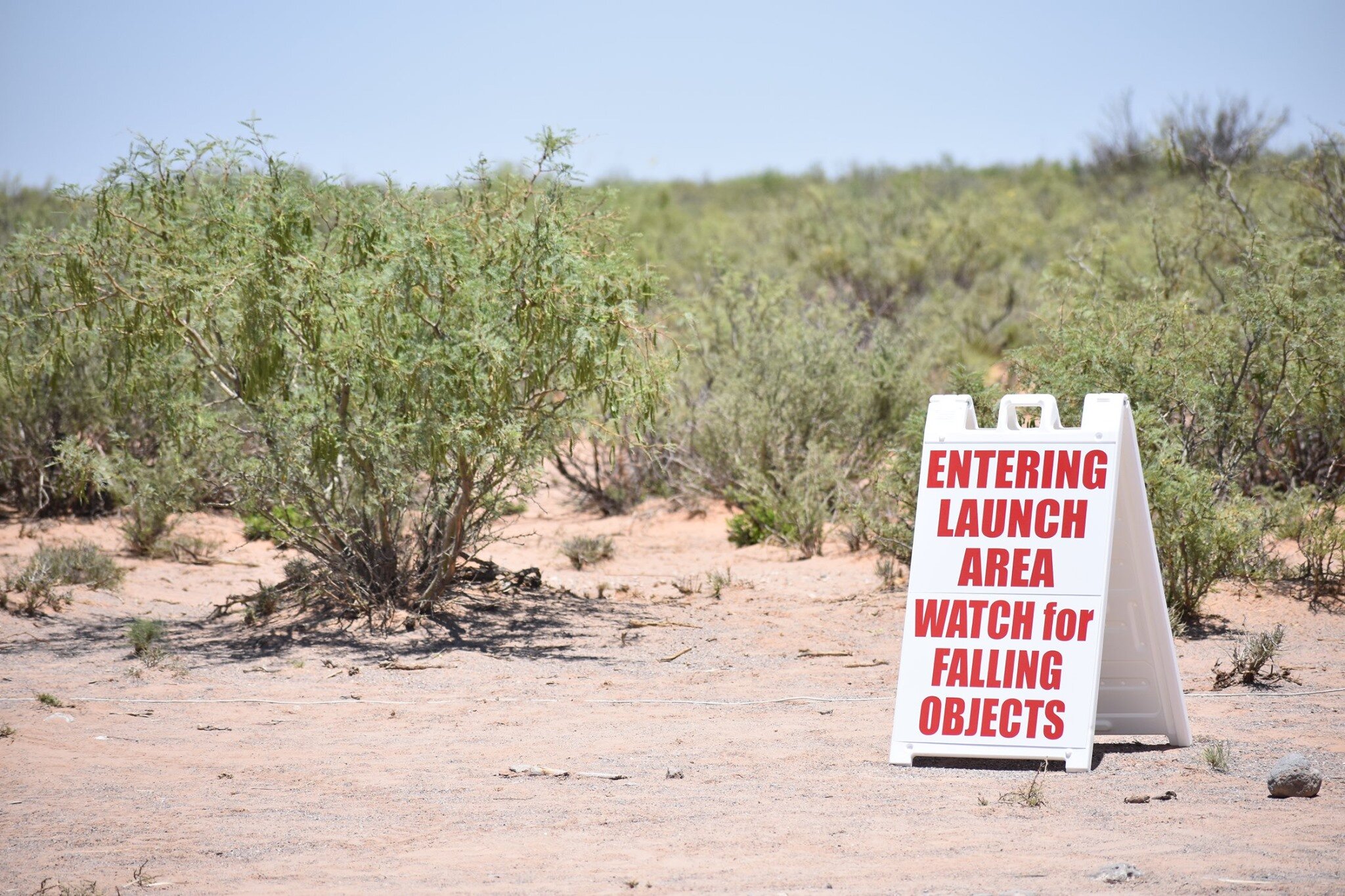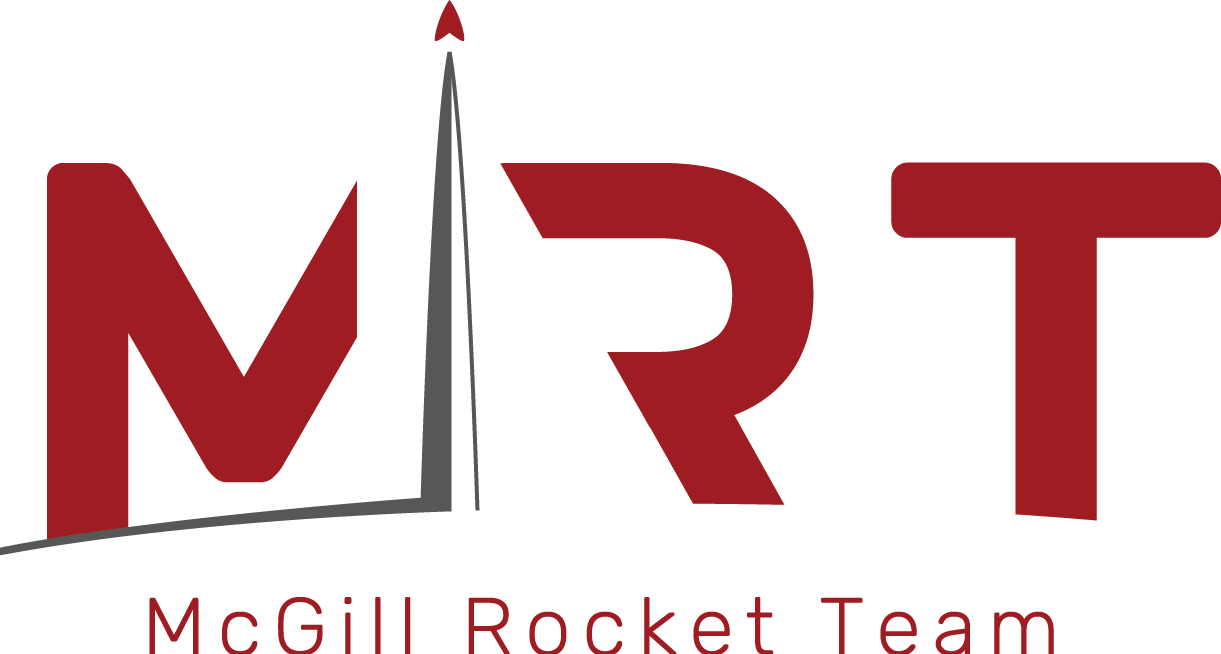
Our Subteams
Aerostructures
The Aerostructures subteam is in charge of designing, manufacturing and testing the rocket’s airframe. The most important task of the aerostructures crew is to manufacture the rocket’s composite body using our own in-house VARI (Vacuum-Assisted Resin Infusion) method. The subteam is also responsible for the integration of all the rocket subsystems as well as for the finishing of the rocket’s exterior.
A typical Aerostructures member is
Interested in composite materials (Carbon/Glass Fiber)
Has good design skills
Interested in learning CFD/FEA
Interested in hands-on work!
Current Projects
Manufacturing of the rocket’s airframe using VARI
Research and Development of our own Prepreg process
Research and Development of our own RTM process
CFD and FEA analysis of our airframe
Research and Development of our jigs and structures
Recovery
The Recovery subteam ensures that we retrieve our rocket in good condition after launch by designing and manufacturing the recovery hardware. This includes the parachutes, ejection systems, recovery harness, and recovery-specific internal structures. Recovery is also responsible for testing their designs using, notably, a vacuum blast chamber and a High Altitude Balloon (HAB).
A typical Recovery member is
Interested in Parachutes (Manufacturing and Analysis)
Creative and resourceful
Enthusiastic about pyrotechnics and pressurized devices
Not afraid to get their hands dirty!
Current Projects
Research and Development of our first CO2 separation system
Designing, manufacturing and testing of our Black Powder Ejection System
Designing, manufacturing and launching the team’s HAB
Avionics
The Avionics subteam designs the critical flight electronics which include providing power to electrical devices in the rocket, sending important flight data obtained from different sensors on the rocket to people on the ground, and ensuring that the rocket body separates at apogee. The Avionics subteam is essential to ensure a nominal flight and recovery.
A typical Avionics member is
Interested in coding
Interested in learning about SRAD radios and custom antennas
Enthusiastic about prototyping and PCB design
Curious about electronics and embedded systems
Current Projects
Research and Development of our first SRAD Flight Computer
Research and Development of SRAD radios and custom antennas
Development of our Ground Station GUI
Research and Development of our first Descent Simulator
Payload
The Payload subteam is in charge of designing a scientific experiment to ride on the rocket. The payload crew is the most multidisciplinary group of the team as they work with several domains of engineering and science to design an apparatus to accomodate the experiment. In the last years, the payload subteam typically studied biological processes, but every year, the members work together to come up with new ideas and experiments!
A typical Payload member is
From any faculty! (Science, Engineering, Medicine, etc. )
Interested in electronics
Interested in using engineering to understand biological processes
Interested in designing tests, optimizing protocols and prototypes
Current Projects
Research and Development of an autonomous system studying the effects of rocket flight on the immune system
Research and Development of a vibration payload
Environmental control and contamination prevention
Propulsion
The Propulsion subteam designs and tests the rocket’s motor and all supporting components to integrate it in the flight vehicle. The subteam is also responsible for the team’s engine test site, located at McGill’s MacDonald Campus, where we designed and built a facility to test our hybrid rocket motors. The propulsion crew have a lot of tasks to accomplish such as infrastructure design and manufacturing, test data collection and analysis, flight motor design, and much more!
A typical Propulsion member is
Interested in dealing with complex testing operations and data acquisition
Interested in extensive infrastructure, electrical and instrumentational design work
Interested in fluid mechanics, combustion and associated test data analysis
Current Projects
Research and Development of our injector and nozzle
Fuel characterization
Research and Development of our flight electricals
Management
The Logistics subteam is responsible for contacting sponsors, handling merch, updating the website and posting on social media. The Logistics subteam is the link between the team and the rest of the world. The Logistics crew is also responsible for representing the team in all our different outreach events. The Logistics subteam is an essential part to the team’s activites and is usually composed of a mix of engineering and non-engineering students.
A typical Management member is
Well organized
Creative
Enthusiastic about meeting new people and representing the team
Interested in organizing team socials (Hackathon, Chess tournament, etc)
Current Projects
Merch design for 2022-2023 (Clothing, Stickers, Patch, Rocket’s Sticker)
Social Media Management
Sponsorship Portfolio

Meet Our Team’s Leads
-

Mohammad Ghali
Team Captain
-

Jasper Yun
Avionics Subteam Lead
-

Amanda Kronish
Recovery Subteam Lead
-

Michael Tablan
Recovery Subteam Lead
-

Louis Charles Trottier
Aerostructures Subteam Lead
-
Anthony Albert
Aerostructures Subteam Lead
-

Ritchie Yu
Payload Subteam Lead
-

Theodore Glavas
Payload Subteam Lead
-

Taj Sobral
Propulsion Subteam Lead
-

Alexandre Fahmy
Propulsion Subteam Lead
-

Bertrand (Bert)
Grand Master








